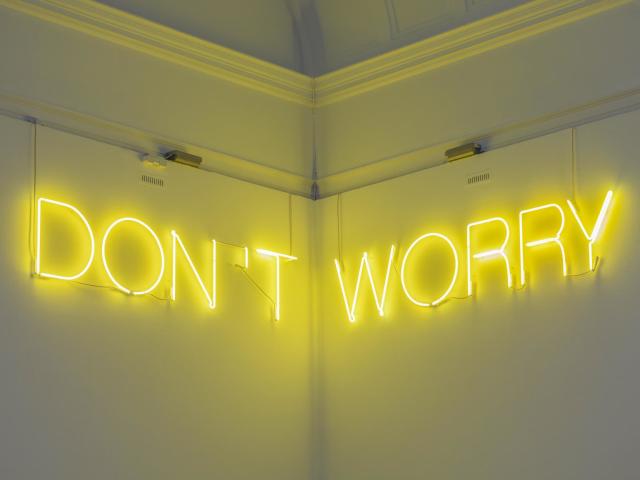
Completa cada frase con la opción correcta
I'm completely unprepared, time has run out, and I don't even recall where the classroom is, so I can't find the professor. I wake up without a resolution.
This is how every brain works. It diligently perseverates over worst-case scenarios, like an anxious new parent. It's just trying to keep us safe and usually does a great job at it.
But that same vigilant hardwiring also makes it too easy to worry about the wrong things. It clouds our thinking with fear of outcomes that will never come to pass or aren't nearly as bad as we let ourselves imagine. That's the type of worry the writer Erma Bombeck equated to a rocking chair: "It gives you something to do but never gets you anywhere." And all that useless worry is detrimental to our overall mental and physical well-being. It can misinform decision-making, raise stress levels, keep us up at night and erode our happiness.
For some, anxiety and worry are so toxic and burdensome that medication and/or therapy is needed to fully function. "What worries you," John Locke wrote, "masters you."
So learning how to better separate the good worry, which protects us, from the useless worry, which harms us, is a vital life skill.
Practica tus habilidades de escritura debatiendo las siguientes cuestiones
- Do you worry a lot? Why? Why not?
- What do you usually worry about?
- How do you relax?


 Descargar Google Chrome
Descargar Google Chrome Descargar Mozilla Firefox
Descargar Mozilla Firefox Descargar Opera
Descargar Opera